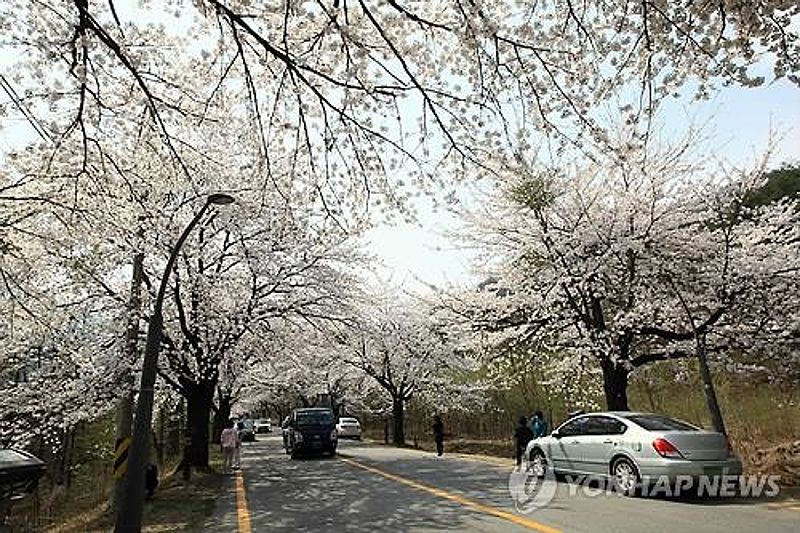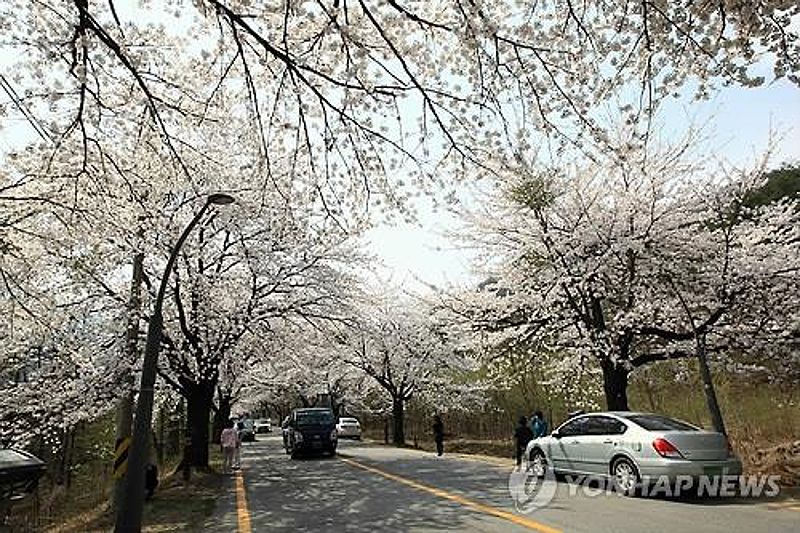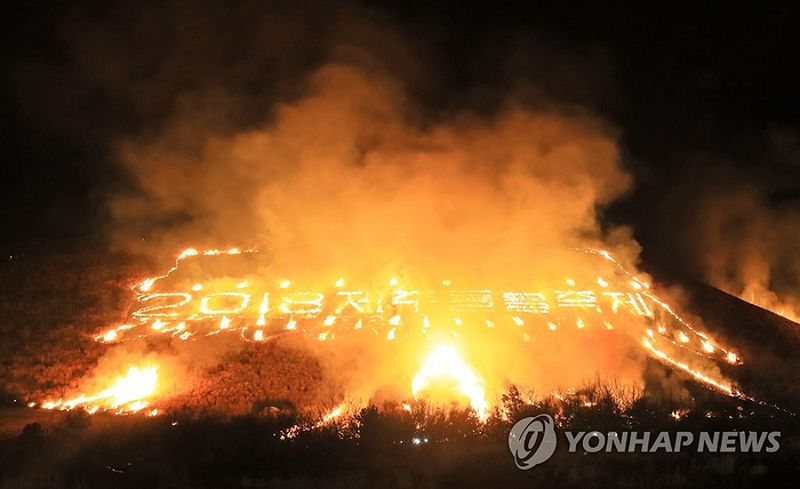Explore the recent suspensions of the Gijang Anchovy Festival, Sokcho Cherry Blossom Festival, and Jeju Wildfire Festival in South Korea due to aging organizing committees and financial constraints. Discover potential solutions to revive these events.
The Aging Dilemma: Reviving South Korea's Festivals
Festivals play a significant role in promoting local culture and attracting tourists. However, several festivals in South Korea are facing challenges due to aging organizing committees and financial constraints. This article will explore the recent suspensions of the Gijang Anchovy Festival, Sokcho Cherry Blossom Festival, and Jeju Wildfire Festival, and discuss potential solutions to revive these events.
Gijang Anchovy Festival: A Seafood Spectacle
The Gijang Anchovy Festival, known as the nation's first seafood food festival, has been held annually since 1997. However, due to increasing financial burdens and an aging organizing committee, it has been decided not to hold the festival this year.
The festival showcased the local delicacy of anchovies and attracted around 150,000 to 200,000 visitors each year. Rising labor costs and a lack of younger volunteers have contributed to the festival's suspension.
Sokcho Cherry Blossom Festival: Blossoming No More
The Sokcho Cherry Blossom Festival, held in Sangdomun Village since 2009, has also been abolished due to the aging population of the organizing committee.
The festival, which featured a beautiful cherry blossom tunnel, drew over 10,000 visitors annually. However, the women's association members responsible for organizing the event, who are in their 70s and 80s, could no longer sustain the festival. The aging population in Sangdomun Village further contributed to the festival's demise.
Jeju Wildfire Festival: Flames of Controversy
The Jeju Wildfire Festival, which gained popularity for its spectacular sight of setting fire to the entire oreum, has also been suspended.
The festival, held since 1997, faced environmental concerns and controversy over forest fires. The festival's core content, "Lighting Fire," was deemed environmentally damaging, leading to its cancellation.
Jeju City is now seeking alternative programs to replace the "fire" element and plans to reintroduce the festival in the future as a Fireless Wildfire Festival.
Reviving Festivals: A Path Forward
To address the challenges faced by these festivals, experts suggest several solutions. Firstly, handing over the organization of festivals to professional agencies could help alleviate the burden on aging committees and ensure the creation of diverse and engaging content.
Additionally, improving the quality of the festivals and exploring sponsorship opportunities could help secure necessary funding.
The successful example of the Gwangan-ri Fireworks Festival, which initially faced challenges but became a thriving event with over one million attendees, highlights the potential for revitalizing festivals.
Conclusion: Preserving Cultural Heritage
The suspension of festivals in South Korea, such as the Gijang Anchovy Festival, Sokcho Cherry Blossom Festival, and Jeju Wildfire Festival, is a result of aging organizing committees and financial constraints.
It is essential to find innovative solutions to revive these events and preserve the cultural heritage they represent.
By involving professional agencies, improving festival quality, and seeking sponsorships, these festivals can once again attract domestic and international tourists, contributing to the promotion of local culture and the revitalization of their respective communities.




